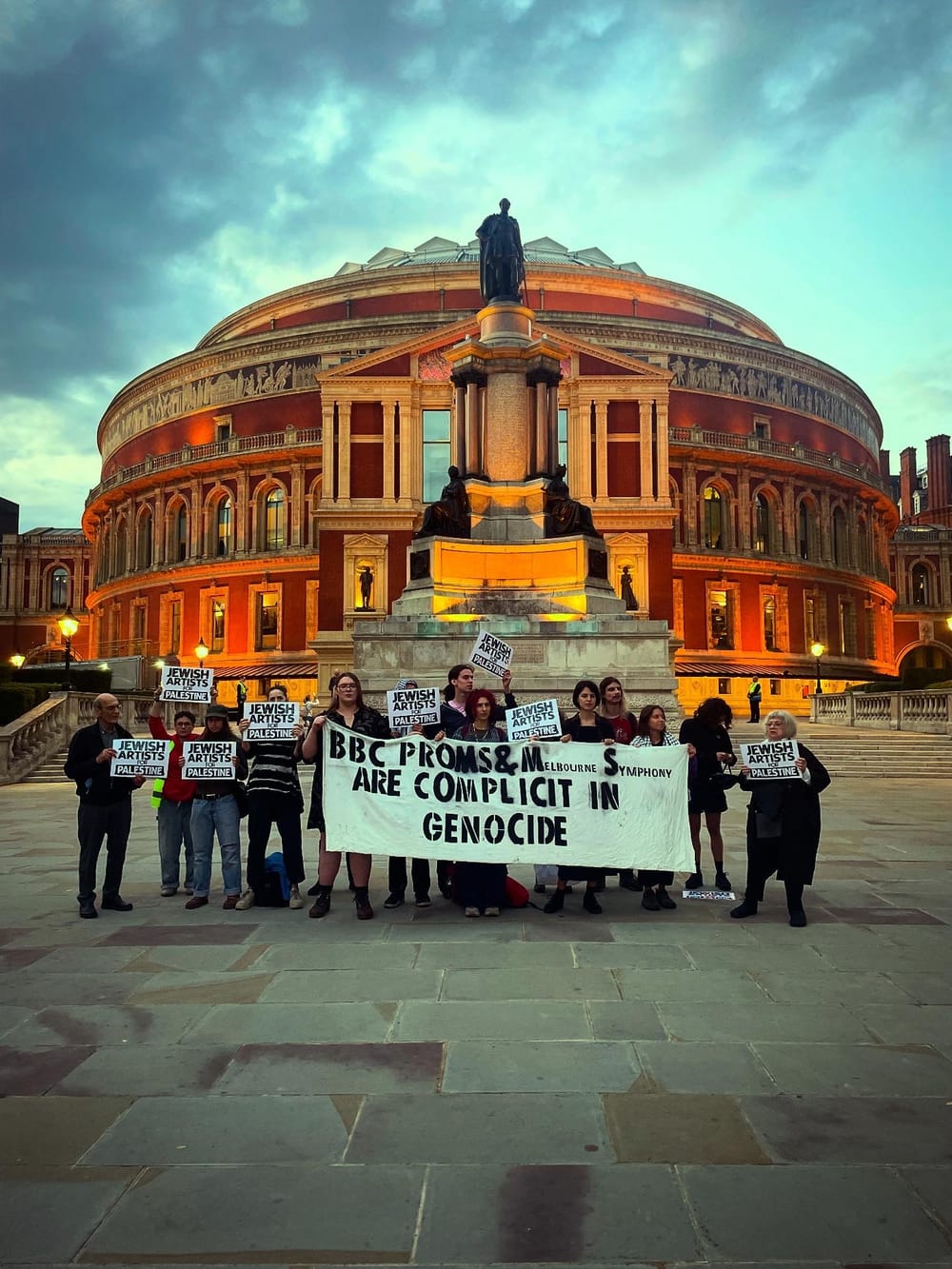Same old strange new world
You can hate the box and fear what Trump will find by thinking outside it.

Once, during the Boris Johnson years, I asked my dad if politics had ever felt as weird to him as it did then. He came of age in the 1980s, with Thatcher and Heseltine and Foot and Scargill. Whatever you think of their respective politics, these were big characters, at times almost self-satirising. The “grown-up” politicians of the 1990s and 2000s — the first I knew — were more boring, managerial types, which made Johnson’s cultivated ridiculousness stand out. Still, when I looked for confirmation that the weirdness was cyclical, rather than a pit into which we were dropping without hope of return, Dad refused it. That is, he said no.
On reflection, I don’t think big personalities in politics are inherently bad. Plenty are designed to distract from nasty policies, sure, but the managerial mode can be its own kind of distraction tactic, meaning to convince voters that everything is in good hands while their rights and sources of material security are further cut away. All the same, I thought about that conversation while reading about Donald Trump’s proposal for Gaza this week. I thought about how pointedly, maliciously weird it is, and how threatening for that reason.
About the plan: at a conference with Benjamin Netanyahu on Tuesday, Trump said that he wanted to level the remaining buildings on the strip, remove the people to neighbouring Arab countries, and turn the space into what sounded like a resort. "We'll own it," he said. Questioned by a reporter about whether that meant a long-term occupation, he added: “I do see a long-term ownership position and I see it bringing great stability to that part of the Middle East… The Riviera of the Middle East, this could be something that could be so magnificent.”
Everybody he’s spoken to, Trump went on, “loves the idea of the United States owning that piece of land.” No one seems sure who that “everybody” is, given the plan was a surprise to many in his own administration. On his side of the podium, Netanyahu was noncommittal, but he praised Trump’s willingness to “puncture conventional thinking” and “think outside the box with fresh ideas.” Synonyms for “outside the box” have dominated other responses, too, positive and negative, Jewish and gentile: “surprising”, “absurd”, “detached from reality”, "baffling", “insane”.
Some on the left have argued that this isn’t actually as much of a break as it appears. The American president’s explicit endorsement of ethnic cleansing follows more than a year of genocidal warfare conducted with American material support, and decades of military and settler action intended to push Palestinians into smaller space. The Israeli far right is clear about its aim to empty and resettle Gaza. In December 2023, an Israeli real estate firm published aspirational, ghostly marketing images of newbuilds along the Strip’s seafront. For the Gazans who have survived all this, it’s hard to imagine things getting much worse.
But there is something worse about this plan, isn’t there? There’s something particularly nauseating; something that threatens to inflict a new level of indignity on its victims. That something is in the combination of huge violence with the flashy indulgence of Mar-a-Lago. Even the claim that brutality is necessary for the security of a long-persecuted people is dropped: were this to go ahead, Gaza would be ethnically cleansed by a second occupying power specifically for the end result of a nice sunbathing spot. It’s the imbalance of the acts and their stated outcomes, the incompatibility of the aerial photos of Gaza, which show a grey, moonish wasteland known to be strewn with human remains, with the mental image of a beach getaway. It is weird that anyone could see those images as one.
Much was written about the “weird right” last year, its unhealthy obsessions, its dangerous fantasies. Those pieces were responding to a Democratic effort to undermine the Republicans’ sense of their own menace. Trumpists aren’t menacing, the Dem argument went; they’re odd. What we’re seeing now is that they’re both. We are shifting, I think, from a performative weirdness, which served as cover for similarly painful but more predictable forms of cruelty, to a weirdness in both word and deed. You don’t have to downplay that cruelty to believe that what’s coming could be worse. You can hate the box and fear what they might find outside it.
Whether Trump’s plan can progress is unclear. It seems possible that it exists more as rhetorical flourish than a concrete scheme. What is clear is that we shouldn’t believe he isn’t serious. Absurd doesn’t mean unlikely. Horror and madness co-exist. The old refrain “another world is possible”, which calls on the left to take our own “outside the box” thinking seriously, holds within it the truth that lots of other worlds are possible, some good, some bad. The right is building theirs. ▼
Francesca Newton is an editor at Vashti and Tribune.
To donate once or monthly, click here.
Author

Francesca Newton is assistant editor at Tribune and an editor at Vashti. She currently lives in Melbourne.
Sign up for The Pickle and New, From Vashti.
Stay up to date with Vashti.



